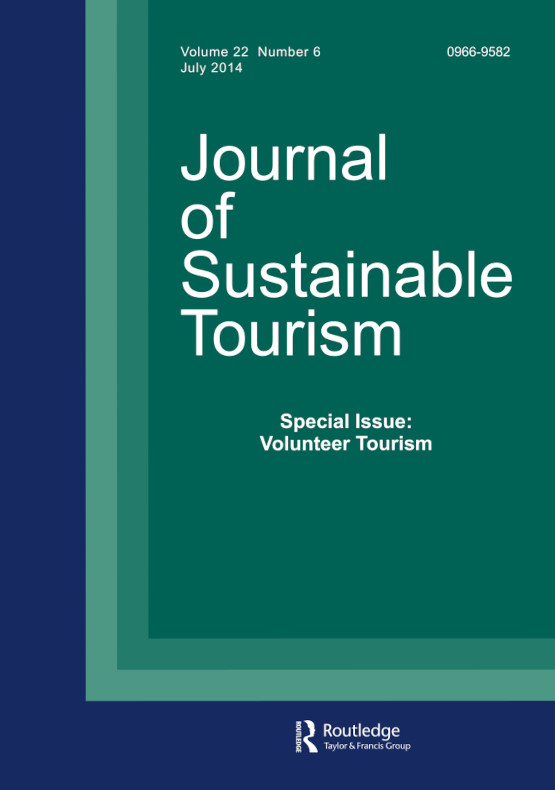国际制裁有助于还是阻碍了旅游业的公正性和可持续性?
IF 7.8
2区 管理学
Q2 GREEN & SUSTAINABLE SCIENCE & TECHNOLOGY
引用次数: 1
摘要
尽管在冷战后时代,制裁作为一种软外交政策工具被广泛使用,但人们对这种强制性工具在制裁对象的正义、道德和可持续性方面的影响知之甚少。本研究以伊朗为案例研究,以国际关系和政治学文献为基础,采用半结构化访谈的方式对旅游业参与者进行访谈,以评估制裁对旅游业在正义、权利和可持续性方面的直接和间接影响。举报人认为,制裁恶化了旅游行为体的流动权、通信权以及经济和财政权利,从而限制了他们促进包容性和可持续发展的能力。伊朗国内因制裁导致的经济中断而产生的分配压力,显然削弱了旅游业促进性别公正的能力,从而与正义原则和可持续发展目标(sdg)背道而驰。然而,正义和权利的概念在空间和时间上是不平衡的,它们的应用本质上取决于在特定情况下的定义。通过从制裁产生的限制中描绘新的见解,本研究有助于更深入地了解一种非常受欢迎的外交政策工具及其对受制裁影响的目的地的人道主义和司法影响。本文章由计算机程序翻译,如有差异,请以英文原文为准。
Do international sanctions help or inhibit justice and sustainability in tourism?
Abstract Despite the expanded use of sanctions as a soft foreign policy tool in the post-Cold War era, there is yet little knowledge on the implications of this coercive tool in relation to justice, ethics and sustainability in destinations to which sanctions are applied. Using Iran as a case study and grounded in international relations and political science literature, this study used semi-structured interviews with tourism actors to assess the direct and indirect effects of sanctions on tourism with respect to justice, rights and sustainability. The informants suggested that sanctions have worsened mobility rights, rights to communication, and the economic and financial rights of tourism actors, thereby limited their capacity to contribute to inclusive and sustainable development. Distributive pressures within Iran arising from the sanction-driven economic disruption have clearly undermined the empowerment capacity of tourism to contribute to improve gender justice, thereby standing in opposition to the principles of justice and the Sustainable Development Goals (SDGs). However, notions of justice and rights are uneven in space and time, with their application inherently dependent on its definition in particular contexts. By portraying new insights from the restrictions emanating from sanctions, this study contributes to a deeper understanding of a very popular instrument of foreign policy and its humanitarian and justice implications in destinations affected by sanctions.
求助全文
通过发布文献求助,成功后即可免费获取论文全文。
去求助
来源期刊

Journal of Sustainable Tourism
Multiple-
CiteScore
23.10
自引率
8.90%
发文量
91
期刊介绍:
The Journal of Sustainable Tourism advances critical understanding of the relationships between tourism and sustainable development. The journal publishes theoretical, conceptual and empirical research that explores one or more of the economic, social, cultural, political, organisational or environmental aspects of the subject.
The Journal of Sustainable Tourism encourages critical views, as well as new ideas and approaches in relation to the theory and practice linking tourism and sustainability.
 求助内容:
求助内容: 应助结果提醒方式:
应助结果提醒方式:


